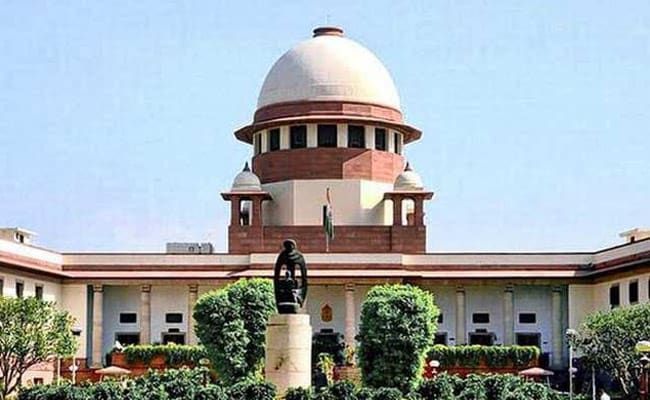
In April 2019, the Supreme Court had declined to stay the electoral bonds scheme.
New Delhi:
The Supreme Court will today pronounce its verdict on a set of petitions challenging the validity of the electoral bonds scheme. A five-judge Constitution bench, led by Chief Justice DY Chandrachud, reserved its verdict on November 2 last year. The electoral bonds scheme, introduced by the government on January 2, 2018, was seen as a solution to replace cash donations and enhance transparency in political funding.
Electoral bonds serve as a financial instrument allowing individuals and businesses to contribute funds to political parties discreetly, without revealing their identities. Under the provisions of the scheme, any citizen of India or entity incorporated or established in the country can purchase electoral bonds. These bonds are available in various denominations, ranging from Rs 1,000 to Rs 1 crore, and can be obtained at all branches of the State Bank of India (SBI). These donations are also interest-free.
One of the key features of electoral bonds is the anonymity they provide to donors. When individuals or organisations purchase these bonds, their identities are not disclosed to the public or the political party receiving the funds. However, the government and the bank maintain a record of the purchaser’s details for auditing purposes, ensuring the legitimacy of funding sources.
Last year, ahead of the Supreme Court’s November hearing, Attorney General R Venkataramani argued that the Constitution does not guarantee citizens an absolute right to information regarding the source of funds used for political party funding through electoral bonds. He said that the electoral bond scheme promotes transparency and clean money in elections. However, Mr Venkataramani maintained that there are limitations to the right to information, and it cannot be an unrestricted right to know “anything and everything.”
“The scheme in question extends the benefit of confidentiality to the contributor. It ensures and promotes clean money being contributed. It ensures abiding by tax obligations. Thus, it does not fall foul of any existing right,” he had said.
Only political parties registered under Section 29A of the Representation of the People Act, 1951, and those securing not less than 1 per cent of the votes in the last Lok Sabha or state legislative assembly elections are eligible to receive electoral bonds. Furthermore, these bonds can only be encashed by eligible political parties through an authorised bank account, as specified in the notification.
In April 2019, the Supreme Court had declined to stay the electoral bonds scheme, stating the need for a comprehensive hearing due to “weighty issues” raised by the Centre and the Election Commission. The current Constitution bench, comprising Justices Sanjiv Khanna, BR Gavai, JB Pardiwala, and Manoj Misra, began hearing arguments on October 31 last year. The petitions included those filed by Congress leader Jaya Thakur, the Communist Party of India (Marxist), and the NGO Association for Democratic Reforms (ADR).




